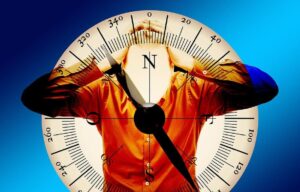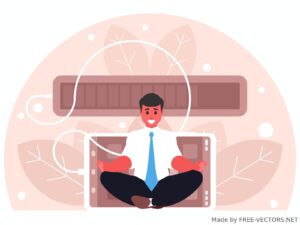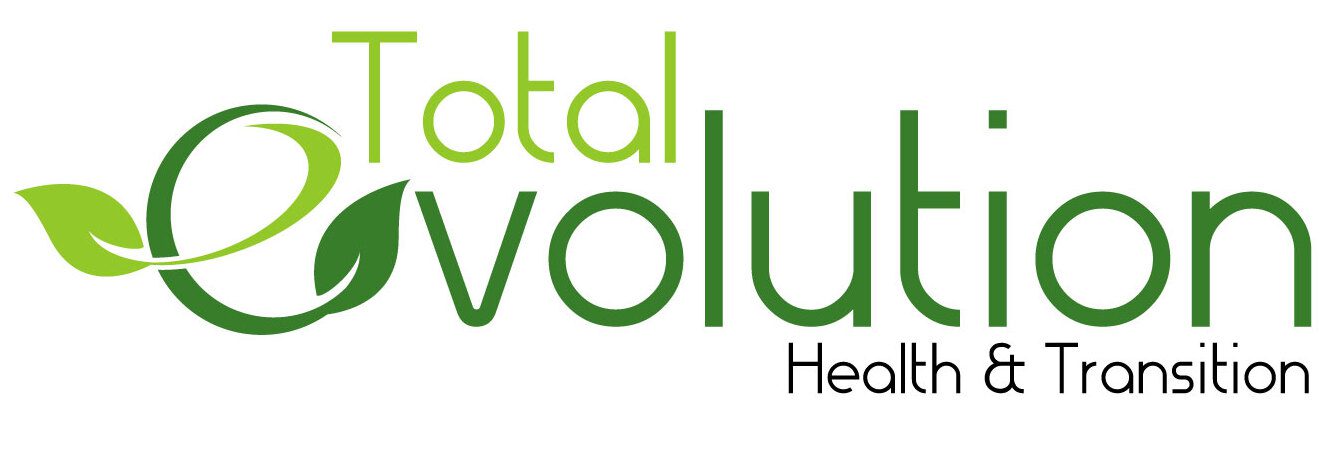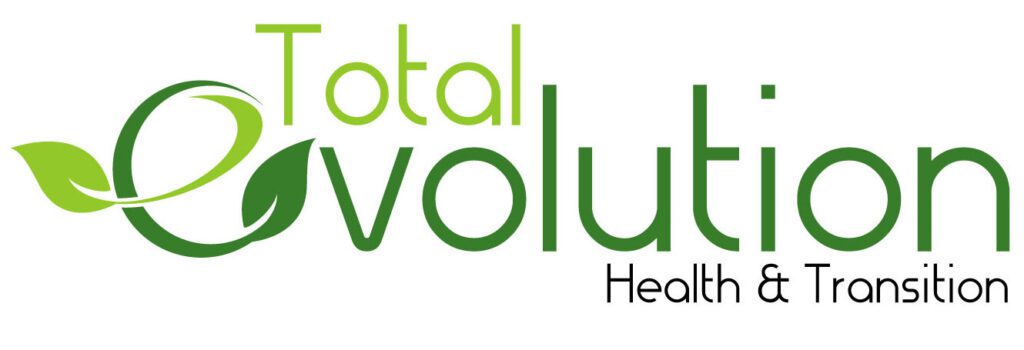Distraction and fatigue share several similarities, especially in how they impact mental and physical performance. I’d like to briefly share their commonalities:
- Reduced Focus and Concentration: Both distraction and fatigue impair the ability to maintain attention on tasks. Distraction pulls your attention away externally, while fatigue depletes your mental energy, making it harder to concentrate for extended periods.
- Lowered Productivity: Whether caused by external distractions or physical/mental exhaustion, both lead to decreased efficiency and output, slowing down the ability to complete tasks or meet goals.
- Impaired Decision-Making: Fatigue and distraction negatively affect judgment and decision-making. With distraction, you may not process information thoroughly, and with fatigue, your cognitive abilities are weakened, making it harder to think critically.
- Increased Error Rate: Both distraction and fatigue can lead to mistakes in your work or daily activities. When distracted, you may overlook details, and when fatigued, your slower cognitive processing increases the likelihood of errors.
- Mental Overload: Distraction and fatigue both contribute to a sense of overwhelm. Distractions bombard the mind with competing stimuli, while fatigue comes from prolonged exertion or mental effort, leading to cognitive overload in both cases.
However, it is important to be able to decipher what is truly going on if you feel your attention has been hit by the proverbial struggle bus. Here are the key differences between distraction and fatigue:
1. Cause:
- Distraction: Comes from external stimuli or internal thoughts that divert attention away from the task at hand. It’s often triggered by environmental factors like noise, notifications, or social interactions, or by internal thoughts like worry or daydreaming.
- Fatigue: Results from prolonged mental or physical effort, lack of sleep, or emotional strain. It arises from depletion of energy and resources rather than external disruptions.
2. Duration:
- Distraction: Typically temporary and can be overcome by refocusing or removing the source of distraction. Once the distraction is eliminated, focus can often be regained quickly.
- Fatigue: Tends to last longer and requires more time to recover from, usually through rest, sleep, or a break from demanding activities. It cannot be resolved instantly.
3. Impact on Energy Levels:
- Distraction: Does not necessarily deplete energy. You may feel mentally capable but struggle to focus because your attention is scattered.
- Fatigue: Directly affects energy levels. You feel mentally or physically drained, making it difficult to exert effort, regardless of whether distractions are present.
4. Effect on Motivation:
- Distraction: You may still be motivated to complete a task but find it hard to stay on track due to competing stimuli.
- Fatigue: Often reduces motivation altogether, as the lack of energy and mental exhaustion make even simple tasks feel overwhelming.
5. Recovery Process:
- Distraction: Can usually be managed by controlling the environment or practicing mindfulness techniques to refocus.
- Fatigue: Requires rest, adequate sleep, or taking a break from activities to restore both mental and physical energy.
Let me simply wrap this up for you, distraction interferes with focus by pulling attention elsewhere, while fatigue impairs performance by reducing cognitive and physical capacity due to lack of energy.
Here are some effective strategies to combat both distraction and fatigue:

Strategies to Combat Distraction:
- Create a Distraction-Free Environment: Minimize external stimuli by turning off notifications, using noise-canceling headphones, or creating a designated workspace that encourages focus.
- Time Management Techniques (Pomodoro Method): Break tasks into intervals (e.g., 25 minutes of focused work followed by a 5-minute break). This helps maintain concentration while allowing short, regular breaks to prevent mental drift.
- Prioritize and Set Clear Goals: Outline clear, specific tasks for the day. Prioritizing them helps keep your attention focused on what matters most, reducing the chance of getting sidetracked by less important tasks.
- Mindfulness and Focus Training: Practice mindfulness exercises or meditation to strengthen your ability to focus. Techniques like deep breathing or brief meditative breaks can help refocus your mind when distractions arise.
- Limit Multitasking: Try to complete one task at a time. Switching between tasks can increase distractions and reduce productivity. Focusing on one activity improves your ability to concentrate.
I discovered an interesting and new perspective on distraction in a book by Nir Eyal, Indistractable. You can see his points condensed on his youtube channel. Check it out! The four ways to become ‘indistractable’ | Nir Eyal (youtube.com)

Strategies to Combat Fatigue:
- Prioritize Sleep and Rest: Ensure you get sufficient sleep (7-9 hours per night). Good sleep hygiene, such as maintaining a consistent sleep schedule, reducing screen time before bed, and creating a relaxing bedtime routine, can significantly reduce fatigue.
- Take Regular Breaks: Avoid prolonged periods of continuous work by taking breaks to recharge. Short walks, stretching, or simply stepping away from your workspace for a few minutes can refresh your mental energy.
- Proper Nutrition and Hydration: Eat a balanced diet rich in nutrients and stay hydrated. Foods that release energy steadily, like whole grains, fruits, and lean proteins, help maintain energy levels, while dehydration often leads to fatigue.
- Exercise Regularly: Incorporating physical activity into your routine boosts energy levels by improving circulation and releasing endorphins, which help combat fatigue.
- Manage Stress Levels: Fatigue can often be caused by mental or emotional strain. Techniques such as yoga, deep breathing exercises, or journaling can help manage stress and prevent it from draining your energy reserves.

By combining strategies for both distraction and fatigue—like balancing focused work sessions with regular breaks, maintaining good sleep hygiene, and creating a conducive environment—you can enhance both focus and energy for sustained productivity. Incorporating mindfulness practices, such as meditation or breathwork, can help reset mental clarity and reduce stress. Additionally, prioritizing nutrition and hydration throughout the day, and embracing movement to keep your body active, can significantly boost your overall vitality. Remember, the key to achieving long-term productivity lies in cultivating habits that support not just efficiency, but also your well-being and resilience.


